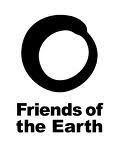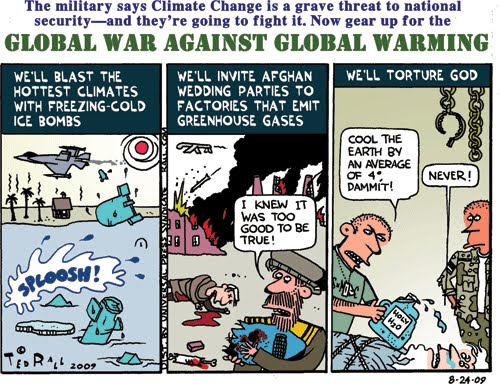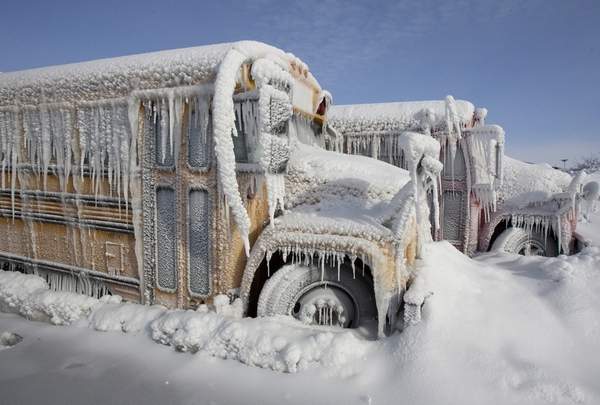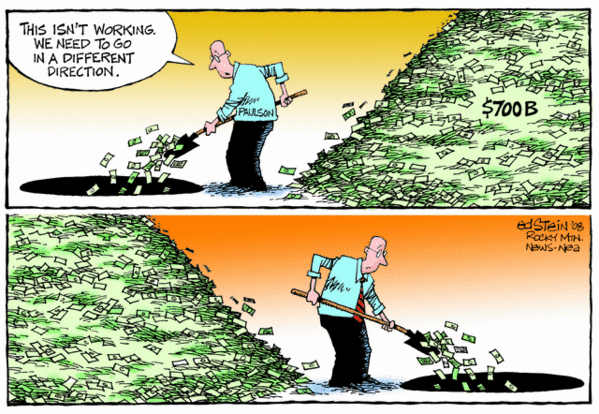Why is he even contemplating this action considering that nukes are so risky no insurance company will cover them; that they generate huge amounts of toxic waste no technology can safely store, and that they have caused 950,00 additional cancer deaths since the Chernobyl debacle?
A better use for these funds exists that offers safety and a much greener approach to helping with our energy needs. This technology has been shunted aside by the power industry until now.

A heat exchanger is a device built for efficient heat transfer from one medium to another. The medium may be separated by a solid wall, so that they never mix, or they may be in direct contact.
Wikipedia.
The following by the CEO of one of Britain's leading energy producers is instructive:
"At the moment the area where we waste the most energy is in heat," he said. "We waste more heat from power stations than we use in our buildings."Energy Technologies Institute (ETI).Dr David Clarke, chief executive of ET.
As is this article:
If You Can’t Stand the Heat….Capture It!
By Atlanta Fifty Forward
"When power plants generate electricity, a lot of heat simply goes up the chimney, so to speak. Estimates are that for every three units of fuel — like coal, natural gas or oil — that are burned to make electricity, two are lost in the process, most of it as waste heat that just drifts away. Likewise, many manufacturing operations such as steel mills produce waste heat.
Ten years ago, an Indiana steel mill began capturing heat above its coke ovens to make electricity. That operation, along with other energy recycling processes employed at the plant, creates about 250 megawatts of power every day, about half of the plant’s needs for electricity. In the process, the company says it has reduced CO2 emissions by 1.3 million tons a year.
What would happen if more companies and electric utilities captured heat and used it to make electricity? It’s a common practice in Europe. Denmark generates close to 55 percent of its electricity this way. In the Netherlands and Finland, the figure is closer to 40 percent, and in Germany it is 35 percent. But, energy recycling in the U.S. accounts for only 8 percent of the nation’s electrical power, according to the U.S. Department of Energy.
Recent EPA and Department of Energy studies suggest U.S. industries waste enough heat to generate an estimated 200,000 megawatts of power — nearly 20 percent of what this nation uses. That’s enough electricity to replace up to 400 coal-fired power plants.
So what’s the problem?
State and federal laws often prohibit companies like the Indiana steel mill from selling excess power, and few electric utilities have chosen to install energy recycling equipment at older power plants because under New Source Review, they will then be subject to newer, stricter environmental regulations.
We recycle beverage cans. Wouldn’t it make even more sense to recycle energy, to use the waste heat that goes up the chimney to produce electricity and, in the process, save millions of tons of carbon from entering the atmosphere?"
The day of protecting power companies from competition must end soon and laws prohibiting industry from selling off excess power should be repealed. Newer and stricter environmental regs. may be necessary to require power companies to recycle their own waste heat energy. If the government has money to invest, put it where it can do the least harm...not where the risk is greatest. A risk that only increases for countless generations into the future. Nukes of any kind are a risky and short-sighted legacy and should not be encouraged.


































